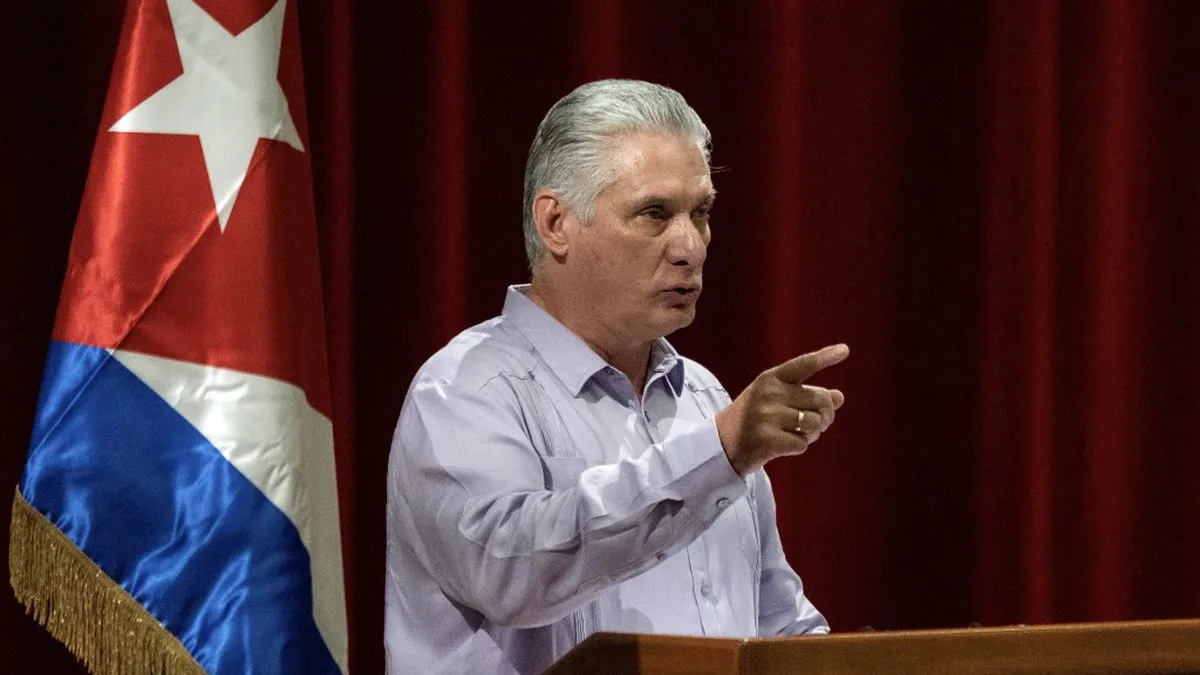Over 10,000 Panama Schoolgirl pregnancies a year

PREGNANCIES in girls and adolescents aged from 10 to 19 years continue at over 800 a month sparking a fresh debate over the lack of sex education in schools.
A Ministry of Health report reveals that, through the end of May this year there were 4,323 teen pregnancies reported, while the number through the end of March was 2,594. That will project to an overall average of about 800 a month, or roughly 10,000 by the end of the year.
In 2014 there were 10,735 teen pregnancies, 583 more than the previous year, when the figure totaled 10,152.
The statistics don’t include the reports of the Social Security or private clinics in the country.
The MoH report shows that there were 10,735 pregnant children and adolescent in 2014, an increase of 583 over the 10,152 recorded in the previous year
Specialists in the field, point out that the statistics reflect the reality facing the country for lack of a sex education courses. Reports La Prensa.the statistics reflect the reality facing the country for lack of a sex education courses.
Rubiela Sanchez, sociologist and member of the Panamanian Coalition for Comprehensive Sexuality Education, said that there is a direct relationship between the lack of sexuality education and pregnancy,reports La Prensa.
“The situation is aggravated when every day there are more girls between 10 and 15 years who are part of these statistics,” she said.
Former Minister of Health Guillermo Rolla Pimentel, said that the number of teenage pregnancies in Latin America has been growing over the last 10 years.
He warned that children become sexually active before age 15 years, and despite this reality in the country, measures are not taken to avoid it.
Rolla Pimentel said that these cases cause problems in the pregnancy, with childbirth infections and, in many cases, abortions.
He said that all these problems can be corrected with sexual education, however, despite several attempts, the National Assembly has not managed to pass a law dealing with the issue, but believes there will be action soon.
The National Director of Education, Mario Rodriguez, said the issue is surface-treated in some subjects, but the ideal is to be a specific subject.
He expressed a hope for the adoption of a program on sexuality in the curriculum.





